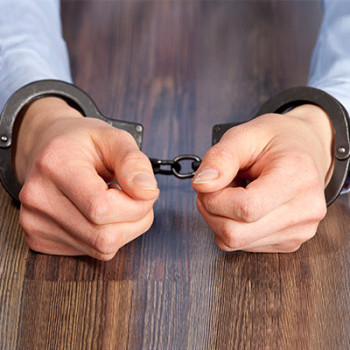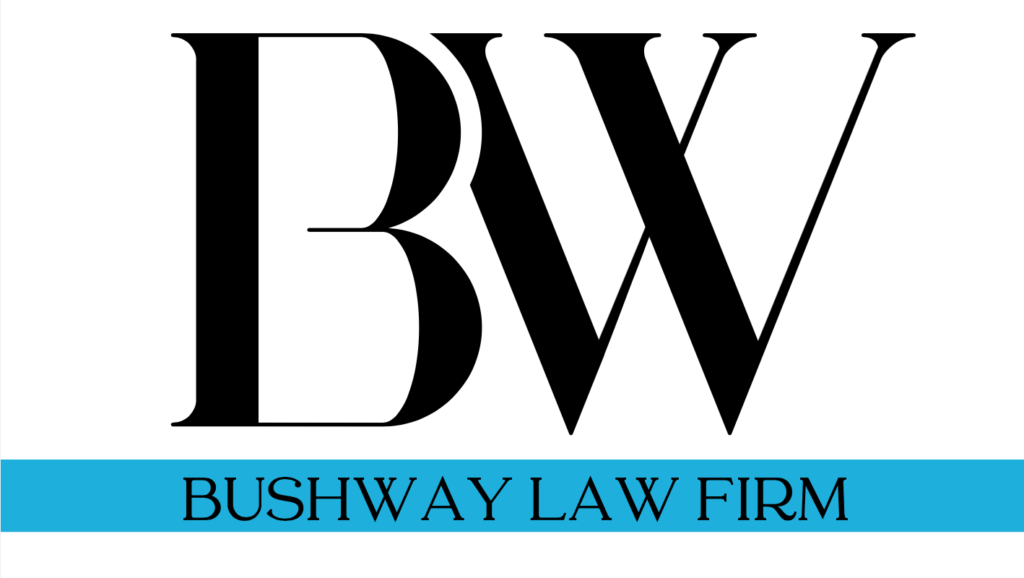Criminal Law
Bushway Law Firm is an aggressive criminal law team eager to fight for you in court. With over 30 years of trial experience, Gregory Bushway is dedicated to protecting your rights and battling for a result that both benefits and satisfies you.
It takes evidence to convince a judge and jury. Gregory’s experience as a prosecutor uniquely enables him to evaluate the evidence and construct the best defense possible for your case. We believe in the importance of telling your story because it is your story that will allow the judge and jury to understand you and reach a verdict that speaks the truth in your case.
Multi-Faceted Experience in Criminal Law
As a former prosecutor, Gergory understands every angle of criminal law, and this experience allows him to provide you with an unmatched defense for a wide variety of charges in both state and federal courts. He has experience in a wide variety of criminal law matters including:
Contact Us Today
"*" indicates required fields
As a former prosecutor, Gergory understands every angle of criminal law, and this experience allows him to provide you with an unmatched defense for a wide variety of charges in both state and federal courts. He has experience in a wide variety of criminal law matters including:
- Murder
- Aggravated assault
- Armed robbery
- Burglary
- Theft by taking
- Kidnapping
- Drug crimes
- RICO violations (Racketeer Influenced and Corrupt Organizations)
- Wiretap cases
- Federal cases
- Extortion
- White collar crimes
- Sex crimes
- Gang crimes
- Probation violations/revocations
- Bond or bail hearings
- Domestic violence
- Simple battery
- DUI (Driving Under Influence)
- BUI (Boating Under Influence)
- Driving while license suspended
- Juvenile Court delinquencies
If You or a Loved One Are In Trouble
If you or a loved one may be facing criminal charges, consider the following information.
1
It is your constitutional right to remain silent and to obtain a lawyer. Exercise these rights in every encounter with a law enforcement officer.
2
It is true that anything a person says can be used against that person in court. Do not say anything to anyone in regards to the situation.
3
Contact a criminal defense lawyer immediately. We invite you to call us at (478) 621-4995 to schedule a consultation.
The Criminal Justice Process Involves Several Steps*
*Disclaimer: These steps are a general overview of the criminal justice system and do not apply to every case.
An Arrest
Whether or not law enforcement arrests you is dependent upon the evidence. If law enforcement has enough evidence to convince a magistrate to issue a warrant for your arrest then a warrant will be issued for your arrest, you will be taken to jail, and you will await the setting of a bond.

A Bond
The sheriff, a magistrate judge, or a superior court judge may set a bond, depending upon the circumstances of your case. The purpose of a bond is to ensure that the person arrested will appear in court when summoned. You can post a bond in one of three forms: Cash, property, or commercial bondsman. Once you post bond, you will be released from jail, sometimes under specific conditions, and await trial.
Arraignment
A grand jury will determine whether the charge is valid, and if so, then the grand jury will indict you, and you will be summoned to court to be arraigned: Meaning you are to appear in front of the judge and enter a plea of guilty or not guilty. Once the not guilty plea is entered, your case will be scheduled for trial.
At the arraignment, the judge will give your attorney 10 days to file pre-trial motions on your behalf. It is critical to obtain a lawyer before the arraignment, so that your lawyer can begin to fight for you and file your pre-trial motions on time, because these pre-trial motions can be critical to your defense.
Pre-trial Motions
Pre-trial motions can be important in establishing and developing the defense in your case. A pre-trial motion is any motion filed by your lawyer before your case goes to trial in an effort to help your defense. For example, your attorney can file a motion asking the judge to prevent the prosecution from using evidence that was illegally gathered.
Preparing for Trial
We will guide you through every aspect of trial preparations including:
- Deciding whether or not it is in your best interests to testify
- Identifying witnesses that can speak on your behalf
- Discovering a possible alibi
- Establishing potential character witness
- Determining what you know about the witnesses that the prosecution is going to call, their version of the events, and the credibility of those witnesses
Facing Criminal Charges?
As a former prosecutor, Gergory understands every angle of criminal law, and this experience allows him to provide you with an unmatched defense for a wide variety of charges in both state and federal courts. He has experience in a wide variety of criminal law matters including:





